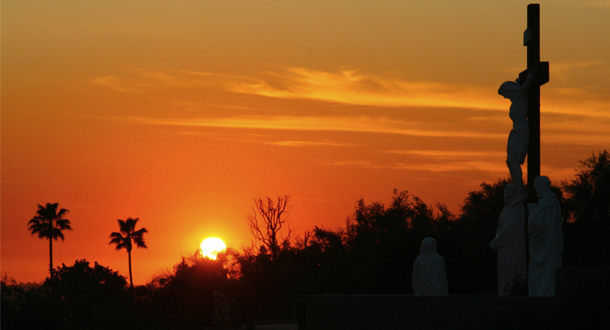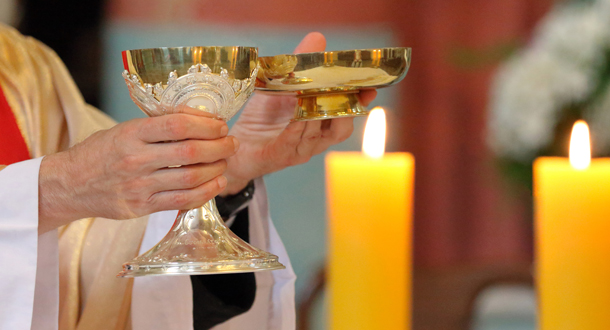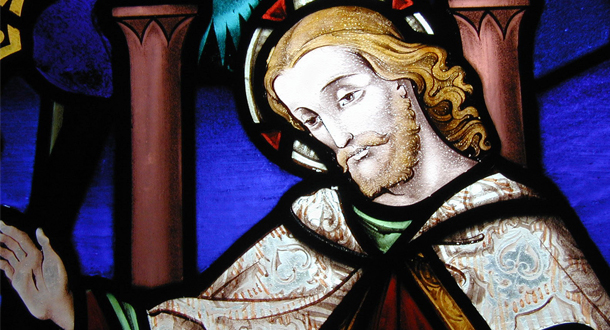On 11/09/2022, Sean Goan (Ireland) wrote:
It was a privilege and a great blessing in my life to have known Don. He was an inspiration to me as a scholar and an example to me of authentic Christian living. My memories of him range from being uplifted by his teaching to being encouraged by his dedication and personal kindness. I am particularly grateful for the time I spent with the Passionist community in CTU in 1991/92.
I would like to offer my condolences to the Passionist family of the Holy Cross Province. He will be greatly missed.

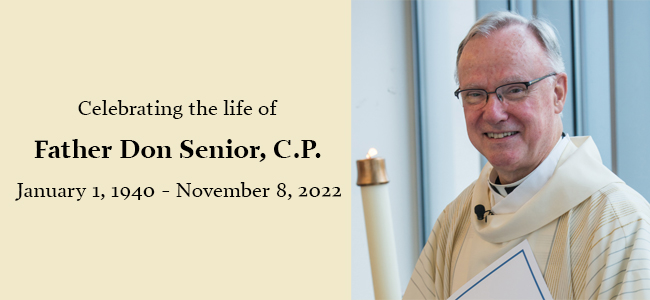
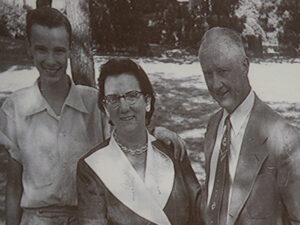 Born on January 1, 1940, to Vincent and Margaret Senior, Father Don was the first baby born in the new year and the decade, in Philadelphia, Pennsylvania.
Born on January 1, 1940, to Vincent and Margaret Senior, Father Don was the first baby born in the new year and the decade, in Philadelphia, Pennsylvania. In an interview with Joyce Duriga for the
In an interview with Joyce Duriga for the 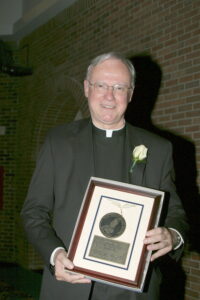 Father Don received The Bernardin Medal, given to a Chicago area Catholic who has made significant contributions to the life of the city and Church of Chicago, and who embodies the core values and ideals of Amate House: faith, service, community.
Father Don received The Bernardin Medal, given to a Chicago area Catholic who has made significant contributions to the life of the city and Church of Chicago, and who embodies the core values and ideals of Amate House: faith, service, community.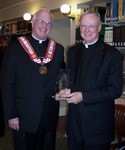 The Union honored Father Don with the Sophia Award for excellence in theological scholarship contributing to the ministry of the Church. Fr. Senior's lecture following the award presentation was entitled: “Don’t Pull Up the Weeds (Matthew 13:29): Biblical Wisdom on Seeking Communion in the Midst of Division”.
The Union honored Father Don with the Sophia Award for excellence in theological scholarship contributing to the ministry of the Church. Fr. Senior's lecture following the award presentation was entitled: “Don’t Pull Up the Weeds (Matthew 13:29): Biblical Wisdom on Seeking Communion in the Midst of Division”.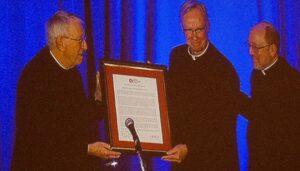 Father Don received the “Blessed are the Peacemakers” award from (CTU), for his 23 years of dedicated and committed service as president of CTU. The award is presented to those “…whose accomplishments and commitments reflect the values of CTU’s, own mission, particularly in the areas of reconciliation, justice, and peacebuilding.”
Father Don received the “Blessed are the Peacemakers” award from (CTU), for his 23 years of dedicated and committed service as president of CTU. The award is presented to those “…whose accomplishments and commitments reflect the values of CTU’s, own mission, particularly in the areas of reconciliation, justice, and peacebuilding.”